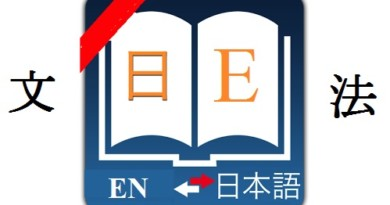Compare ていく teiku and て帰る tekaeru
Hi everyone! Suppose there is a situation like this: You want to send a letter, which expression will you choose to express that idea,(送って)いく or かえる? To help you understand the usage of ていく and て帰る better, in this post, Learn Japanese Daily will introduce to you the lesson: Compare ていく teiku and て帰る tekaeru.

Similarities
Both grammar structures mean “after doing something…”.
Differences
ていく teiku
ていく means “after doing an action, the subject/object leaves the place where that action was done and doesn’t come back”
Example :
明日手紙を母に送っていく。
Ashita tegami wo haha ni okutte iku.
I will send a letter to my mom tomorrow. (The letter will not go back to the speaker’s place)
遅れないように走っていきましょう。
Okurenai you ni hashitte ikimashou.
In order not to be late, let’s run.
このパーティーでいろいろな人に会っていった。
Kono pa-ti- de iroiro na hito ni atte itta.
I met many people at this party.
て帰る tekaeru
て帰る means “after doing an action, the subject/object return to the original location (such as home, school, etc.)”
Example :
犬を散歩に連れて帰った。
Inu wo sanpo ni tsurete kaetta.
I took my dog for a walk. (After taking my dog for a walk, I return to the original location)
A「この本を全部持って帰って。私ももう使わないからね。」
B「ありがとうございます。」
A : “Kono hon wo zenbu motte kaette. Watashi mo mou tsukawanai kara ne.”
B : “Arigatou gozaimasu.”
A : “Take all these books home. Because I don’t use them anymore.”
B : “Thank you.”
昨日新しい車を買って帰った。
Kinou atarashii kuruma wo katte kaetta.
I bought a new car yesterday.
Note :
1) In case of doing something at the place where the speaker is standing or a nearby place, we can use either て帰る or ていく.
Example :
A「ちょっとあそこのショップに寄っていかない?」= (寄って帰らない?)
B「いいね。服を買っていこう。」= (服を買って帰ろう)
A : ” Chotto asoko no shoppu ni yotte ikanai?” = (yotte kaeranai?)
B : “Iine. fuku wo katte ikou.” = (fuku wo katte kaerou).
A : “Why don’t we visit the shop over there for a bit?”
B : “How nice. Let’s buy clothes.”
The action is done at the place where the speaker is standing, so we can use て帰る or ていく.
2) On the contrary, if you want to emphasize on returning or doing something after returning, we can’t use ていく.
Exercise for consolidating knowledge :
Choose the correct answer
帰国して会社を作って(いきたい・帰りたい)と思います。
今日は母が出張して料理を作ってくれないので外で食べて(いった・帰った)。
努力すれば、日本語の能力も上がって(いきます・かえります)。
午後大学時代の友達に会って(いく・帰る)。
鳥は空を飛んで(いきました・かえります)。
原料を買いたいので、近くのスーパーに歩いて(いく・帰る)。
In this post, Learn Japanese Daily has helped you compare ていく teiku and て帰る tekaeru.
See other similar lessons at category: Japanese grammar dictionary
